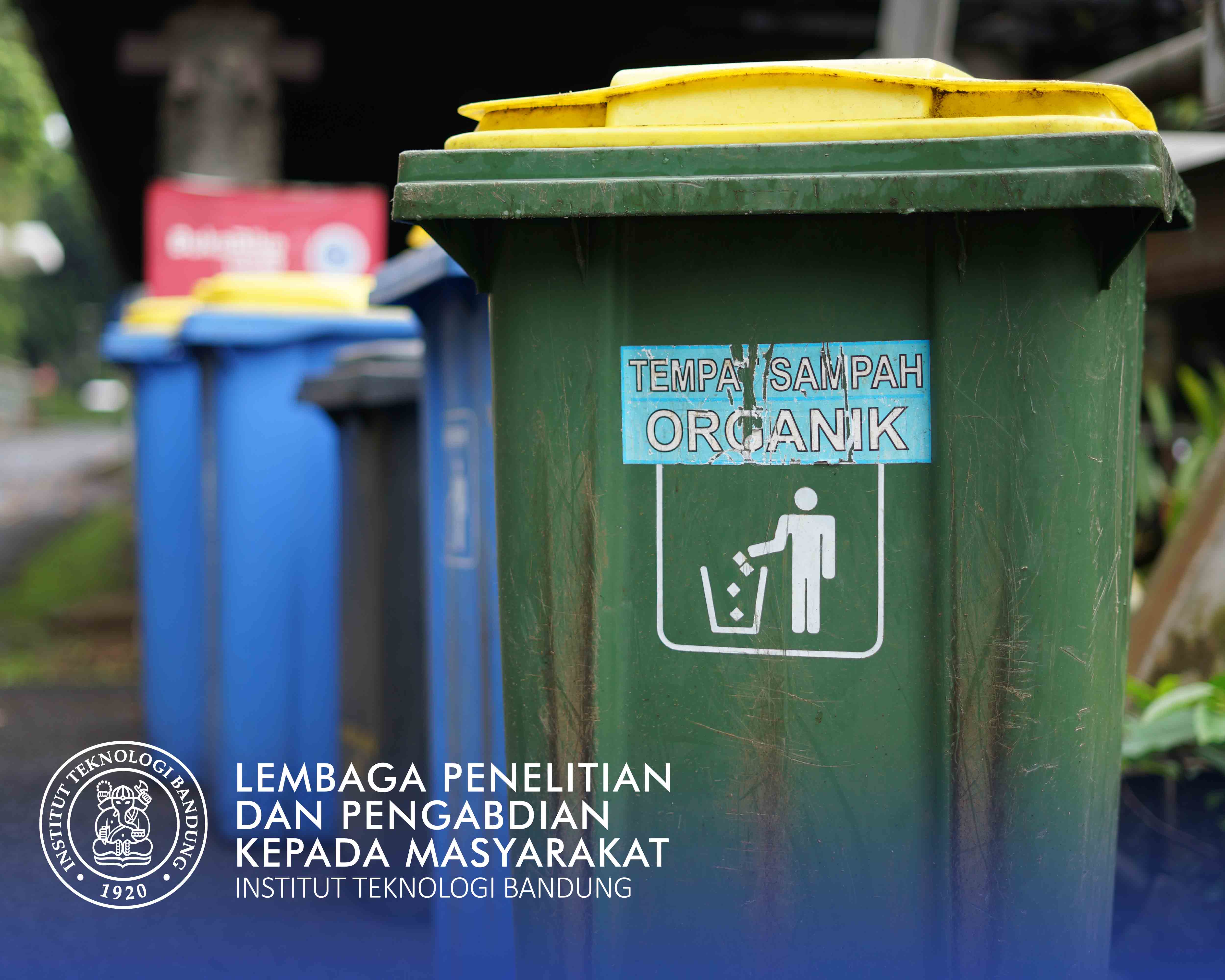

Neni Surtiyeni
Rapid urbanization and growth in consumption in Indonesia cause an increase in the volume of waste every year. Ineffective waste management has an impact on health and environmental problems. This research aims to identify potential and opportunities for community-based waste management and the application of appropriate technology. This research was conducted in the Bandung Basin Region or commonly known as the Greater Bandung Region which has a population of 9 million people. This survey involved 465 respondents from 49 sub-districts in 5 regencies/cities (West Bandung Regency, Bandung and Cimahi Cities, Bandung and Sumedang Regencies). The research results show that the public generally has high awareness of waste management, although understanding of the 3R principles is still limited. The majority of respondents are willing to pay waste management fees, even though their financial capabilities are limited. This research concludes that there is great potential to improve community-based waste management by applying the 3R principles and strengthening community education and awareness, while adapting technology to suit local conditions.
Identify the potential role of the community in waste reduction and management. Formulate recommendations for appropriate technology schemes in community-based integrated waste management
Knowing the public's perception regarding waste and its management.